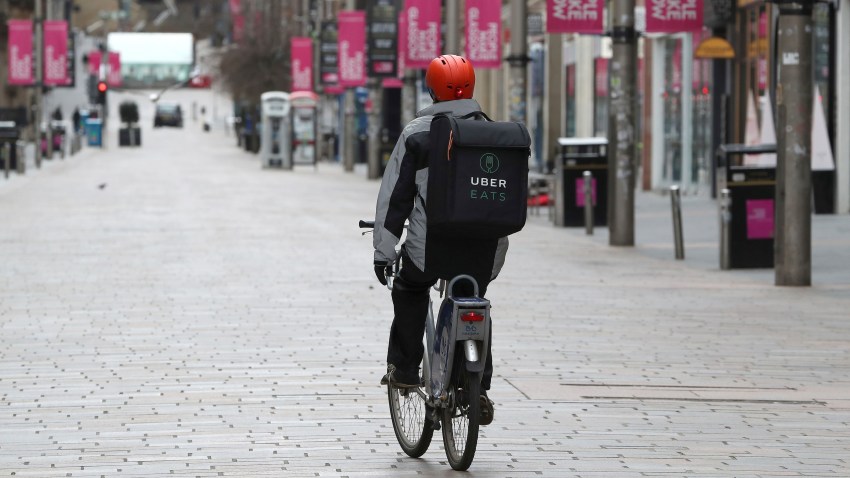In that foreign country that was our world before the pandemic, the so-called “sharing economy” was in full bloom. Uber and its ride-sharing competitors dominated point-to-point ground transportation. Airbnb was beating the world’s largest hotel brands in rooms rented and consumer spending. New startups were applying digital matching services to facilitate everything from food delivery to toilet rentals. And the phenomenon was global: China and India had their own ride-sharing giants, Didi Chuxing and Ola, while companies around the world—Comparto Mi Maleta in Chile, Sharemac in Germany, Gojek in Indonesia, Stashbee in the U.K. and Lynk in Kenya—connected consumers to luggage space, construction equipment rentals, motorcycle-based services, storage spaces and gig workers, respectively.
The early predictions of sharing economy prognosticators seemed to be coming true: In one industry after another, amateurs were turning hobbies into income opportunities; consumers were paying less for better services; and idle goods were put to use, reducing the need for material consumption. It seemed the sharing economy was a fundamentally new economy, friendly to workers, consumers and even the environment.
Then came SARS-CoV-2, the novel coronavirus, and the sharing stopped. Uber witnessed an 80 percent decline in business, and Airbnb rentals were cancelled en masse. In response, Uber laid off 6,700 employees, not counting its drivers, and closed 45 offices. Airbnb similarly cut 1,900 jobs.

